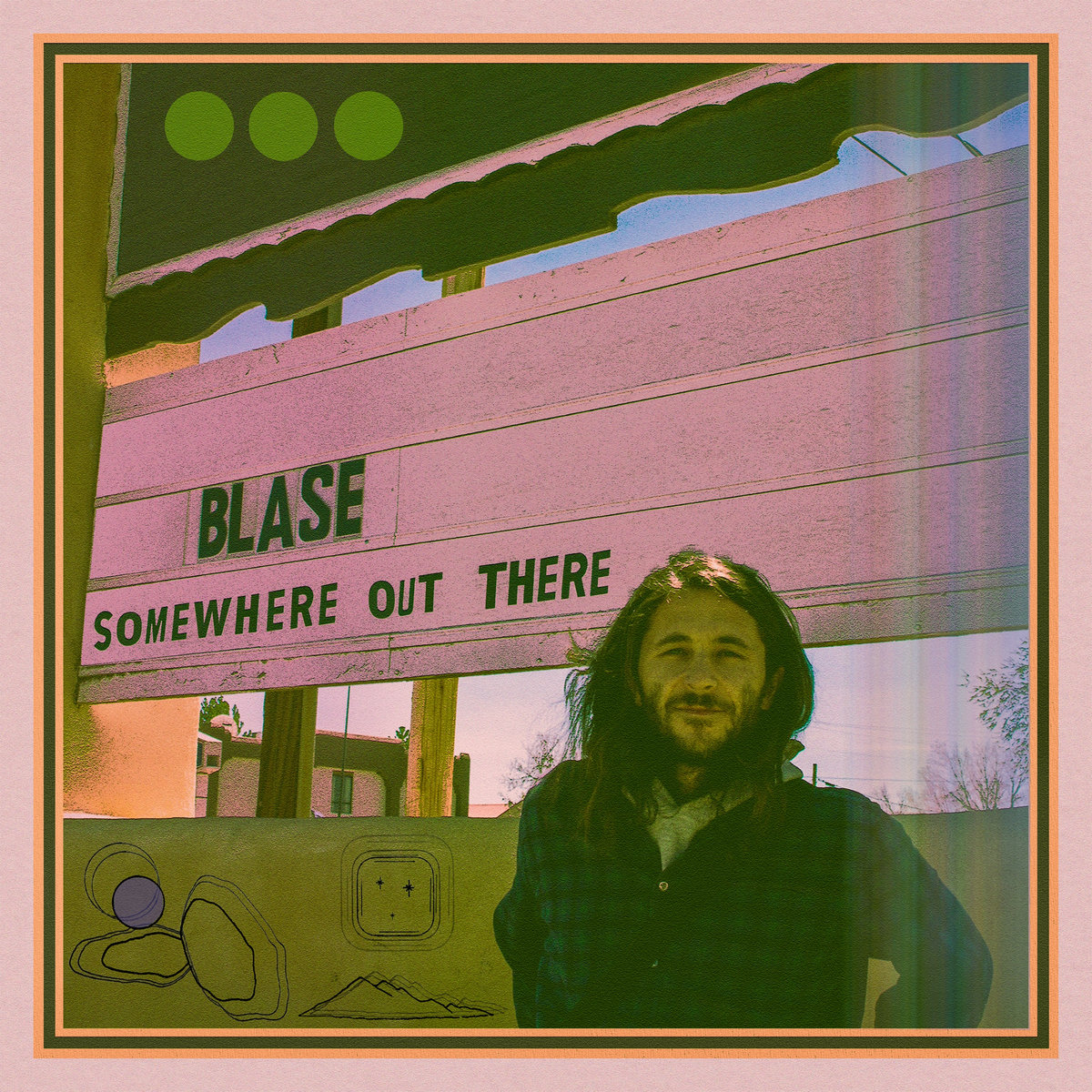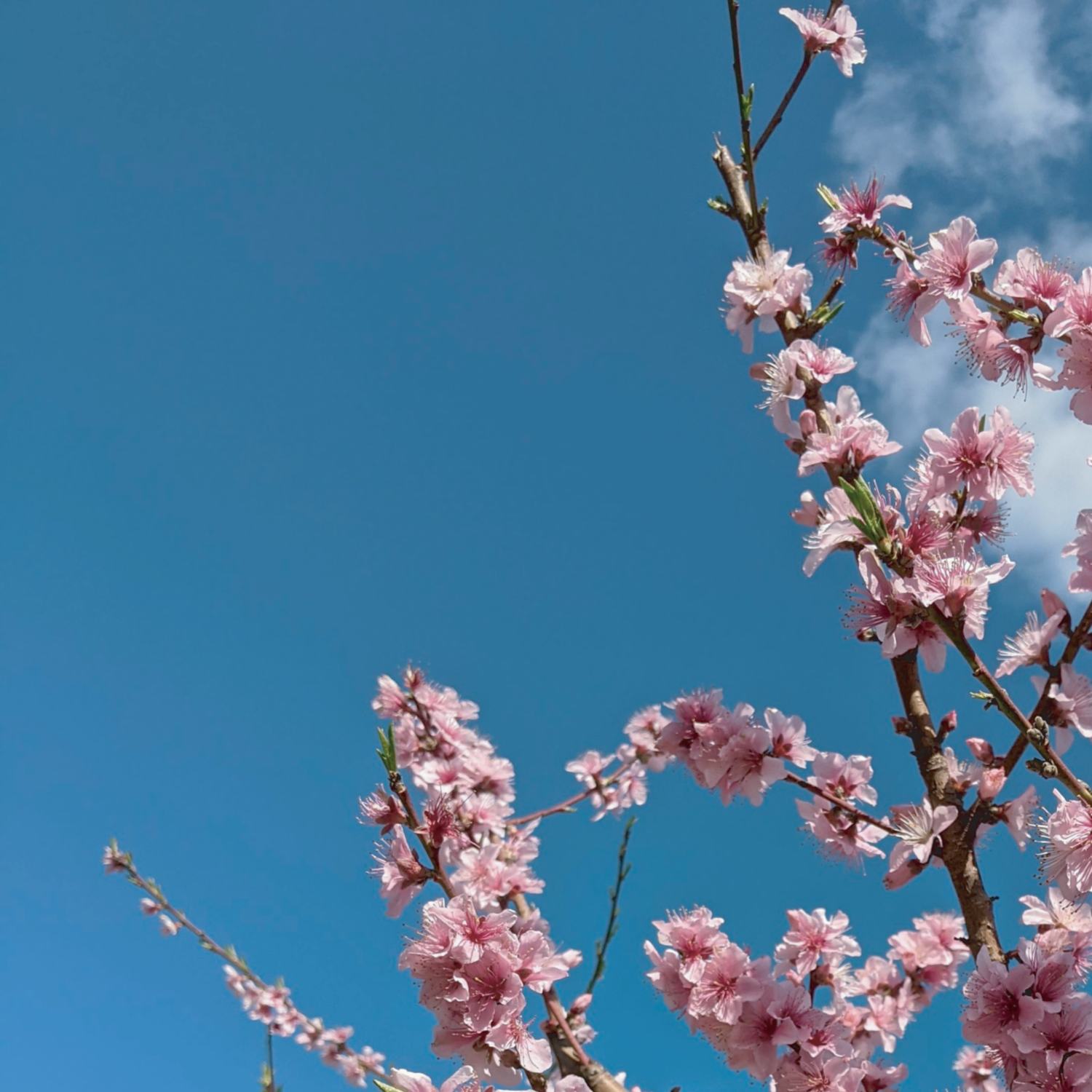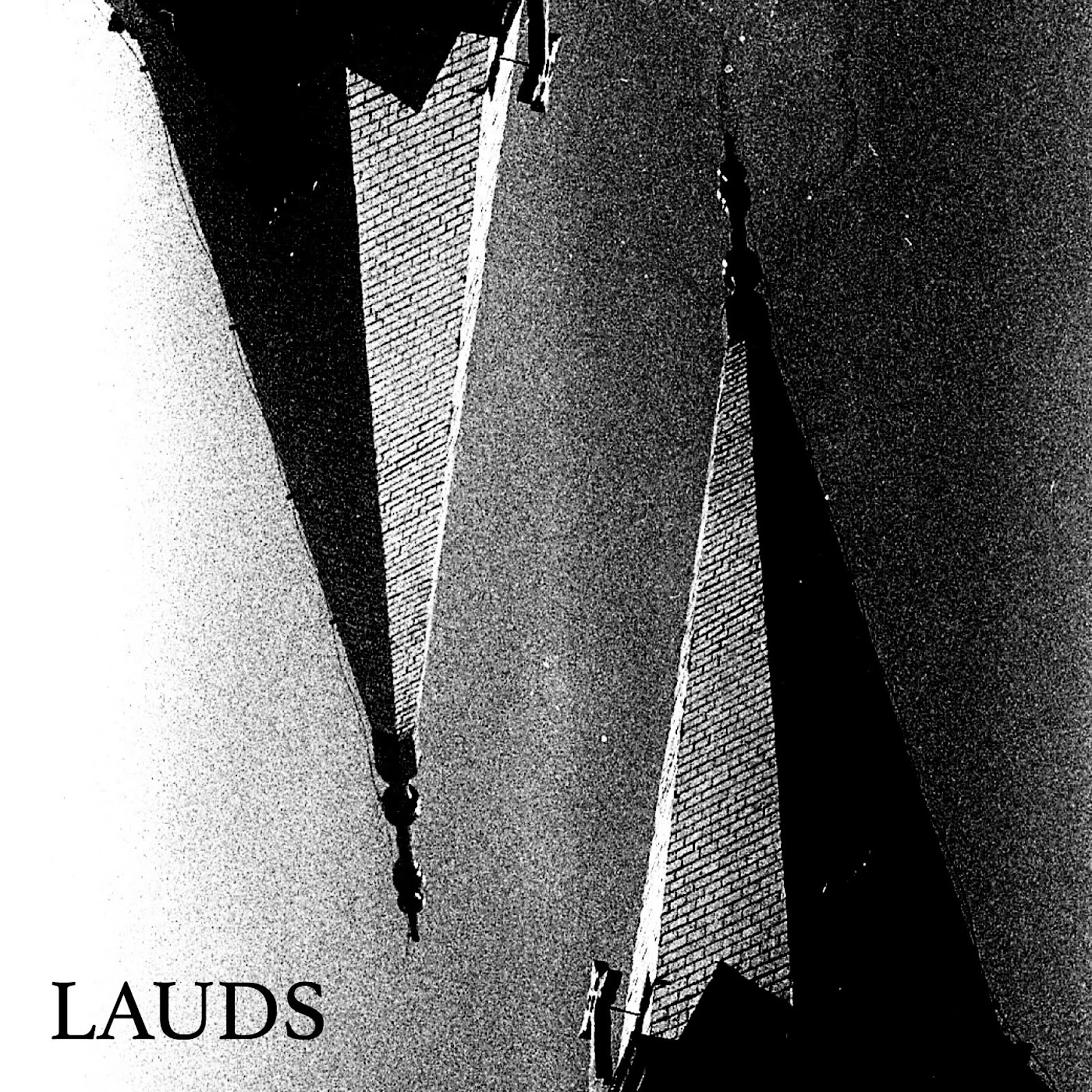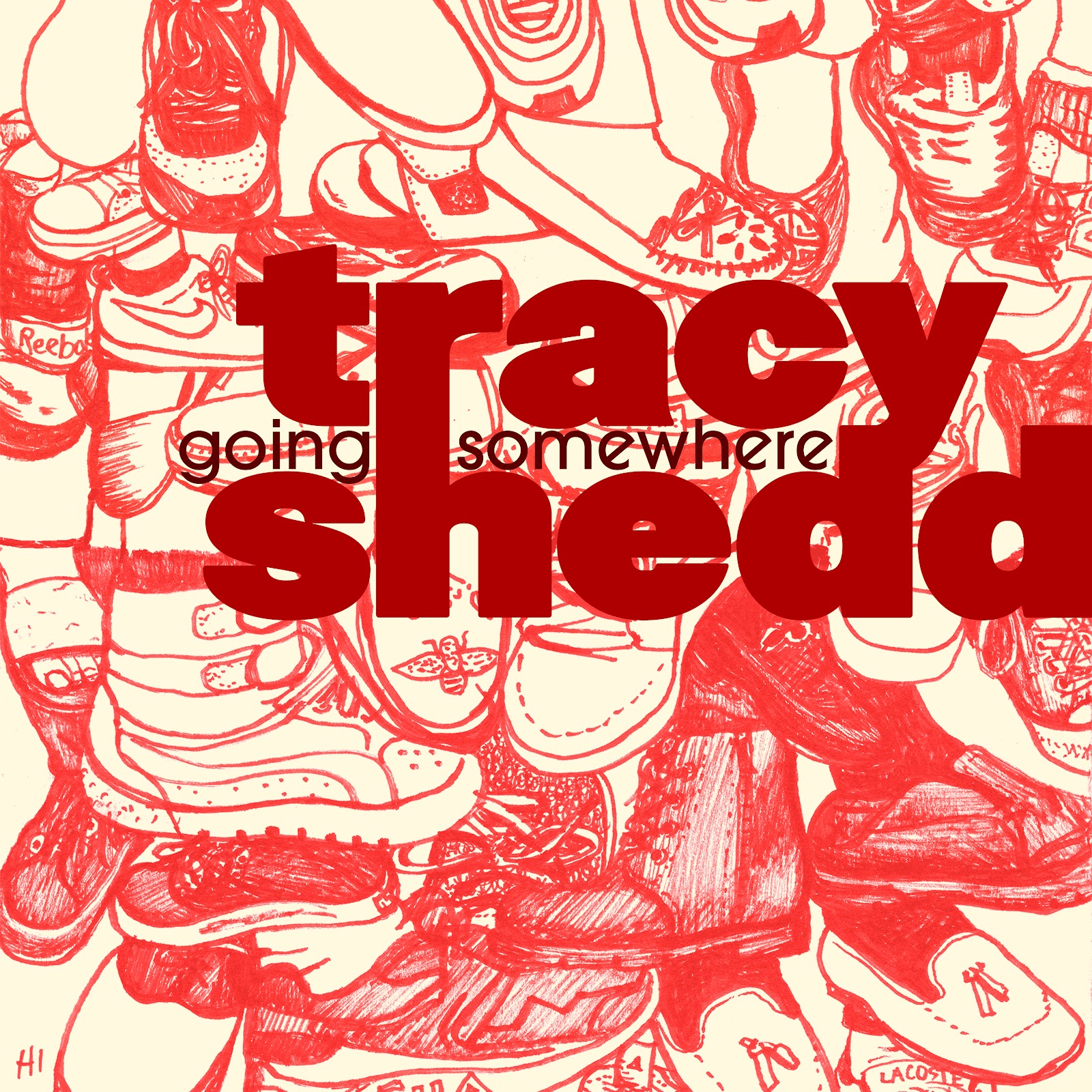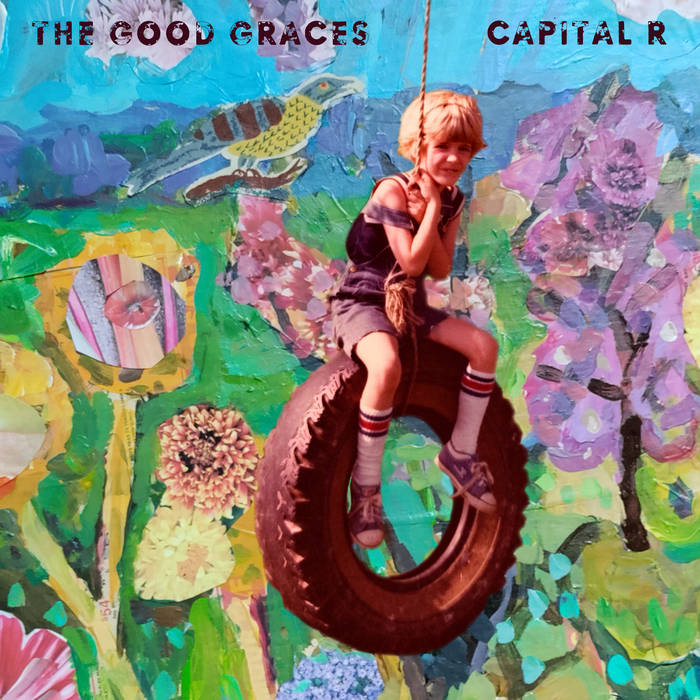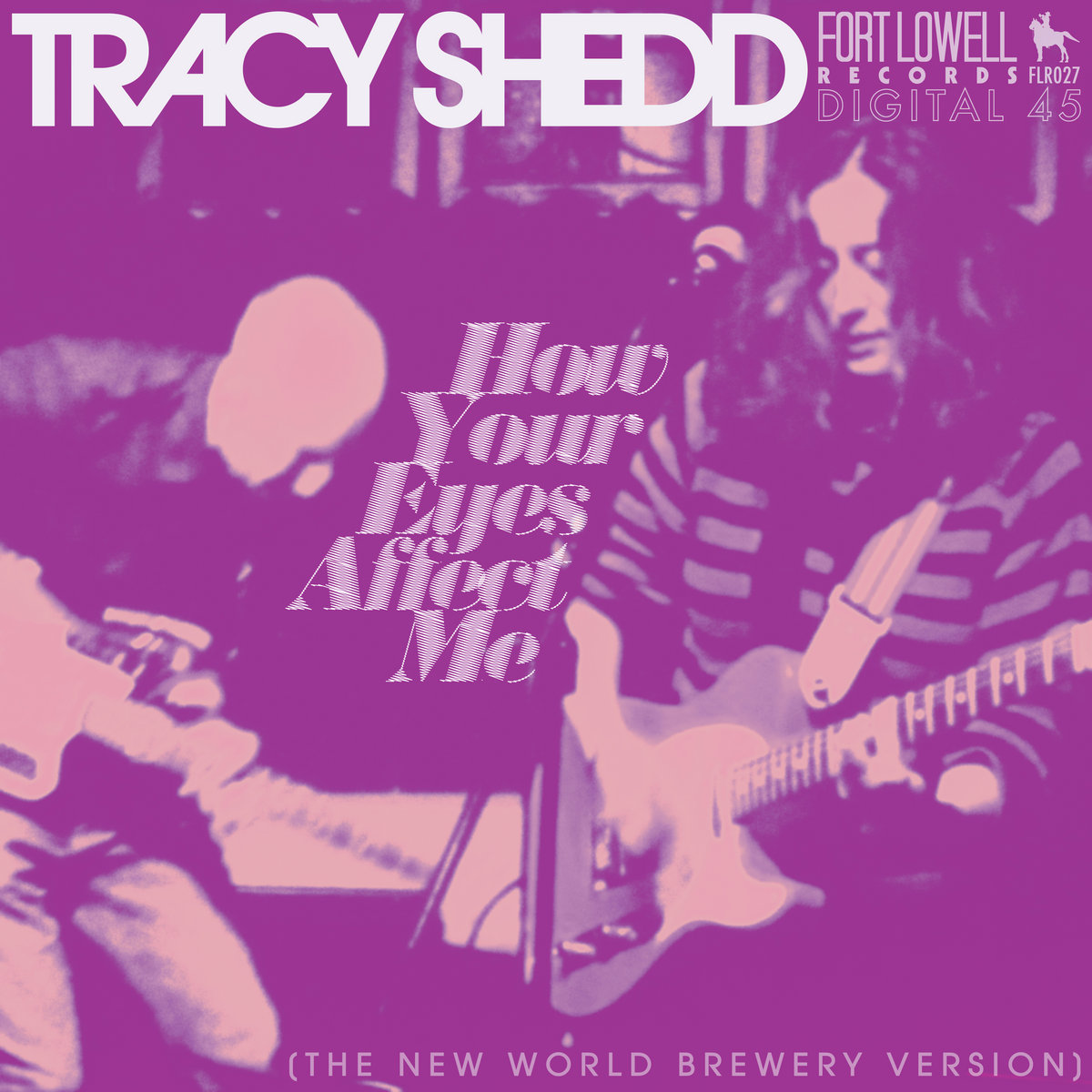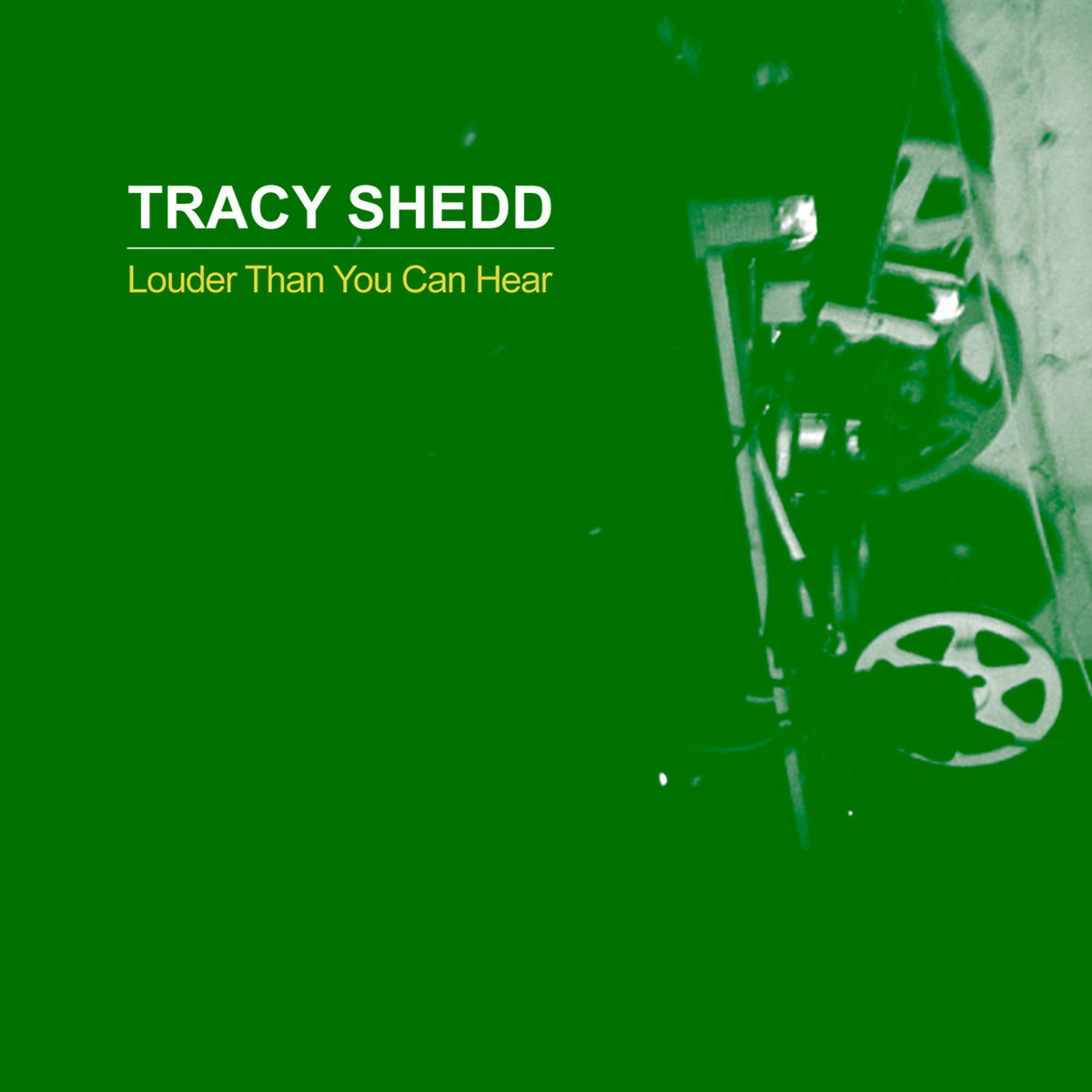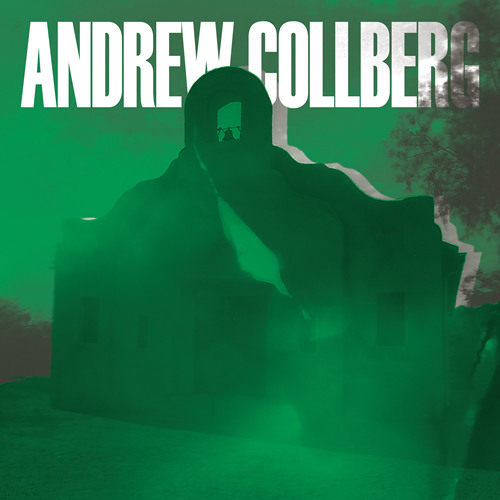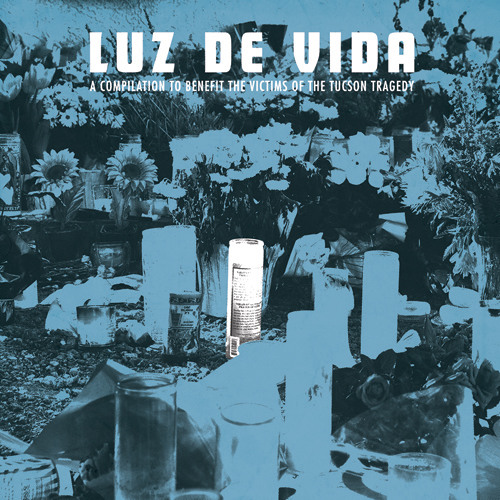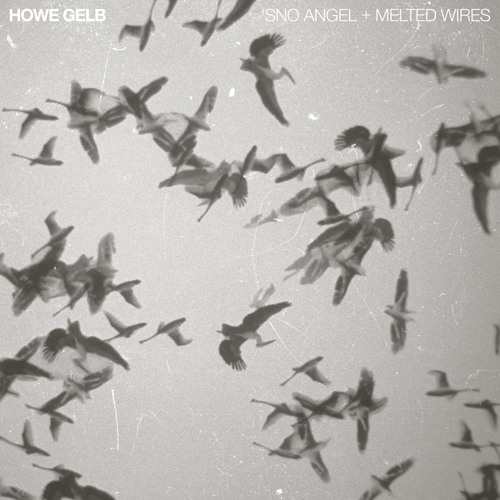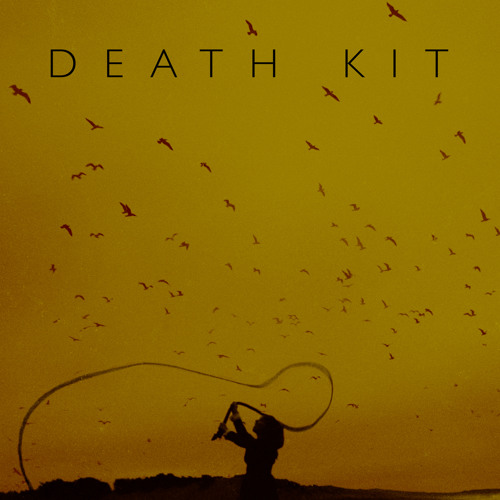[Repost from KJZZ 91.5FM Phoenix; by Sam Dingman, December 16, 2024]
EVENT CALENDAR
Saturday, December 21, 2024
JPW: Tiny Desert Concert
[Repost from KJZZ 91.5FM Phoenix; by Sam Dingman, December 16, 2024]
Jason P. Woodbury has been in bands since he was in middle school. As he got older, he focused more on producing music as well as writing and podcasting about it.
He says when the pandemic started and he had more time to himself, songs started tumbling out. Woodbury joined The Show to discuss how JPW isn’t his first time leading a musical group.
Conversation highlights
JASON P. WOODBURY: I grew up singing in my family's church in Coolidge, Arizona. And I was, even like at a pretty young age, brought in to like lead the singing. So like a prepubescent JPW was like leading singing — and then a post pubescent one as well.
SAM DINGMAN: And I'm imagining the songs you were singing in church were religious in nature.
WOODBURY: No. All, all Scorpions and Megadeath.
DINGMAN: Can I join your church? [LAUGHS]
WOODBURY: [LAUGHS] Yeah, it was a cool church. ... All you know, very traditional protestant hymnal, whatever that would be. You know, it's interesting because I don't think that that sort of sacred or religious or mystical quality has ever really left what I, what I do.
DINGMAN: I'm glad you brought that up too, because I know, obviously we're talking about a very small sample size of your songwriting ura here tonight. Just three songs. But it does seem like they share a preoccupation with whether or not to trust feelings, kind of gazing at things that are being seen through mediation, whether it's eyelids or mist or water. Do you find yourself as a songwriter returning to certain themes over and over again?
WOODBURY: Yeah. And when I was younger, it really bothered me because I was like, I'm always writing about the same thing. But I think at least for me as an artist, it's just been learning to like, accept that those preoccupations are there and that maybe the most like true thing I can do is sort of run towards them. You know what I mean?
DINGMAN: I became familiar with your work through your commentary and analysis of music on the Transmissions podcast and in other places. Jelp me connect the dots between your life as somebody who talks to musicians, somebody who analyzes music, somebody who understands it at a kind of theoretical level and somebody who makes music.
WOODBURY: Yeah, boy, how, I don't know how to entangle it all. You know, it's like in listening to other people's art, I feel like I gain the ability to synthesize my own feelings through somebody else's work, right? And so that's what draws me to music. That's what draws me in is that I feel like the best music for me creates a space for the listener to enter into something, you know, whatever that is.
DINGMAN: Can you think of a moment in the Transmissions podcast — maybe there's been many of them — where you've been talking to a musician and you had this thought like, "Oh my God, they just said the thing that I have been trying to figure out in my own creative process."
WOODBURY: Oh, yeah. Actually the most recent episode, the one that closed our ninth season was an interview with Matthew Houck of Phosphorescent. And listening back to it, I was like, "Oh my gosh, like I was really talking a lot in this one." You know what I mean? Like, and I was really nervous about that. But then when I was listening back to it, there were these things where I would say something and he would say: "I felt like you were like a fly on the wall. Like that's exactly what I was trying to write about." But he said to me: "It's validating for you to hear those things and to, and to remark on them and to like, confirm for me that they're in there."
DINGMAN: I feel like you're also, you're describing my favorite kind of artist interview, where you're talking to Matthew and you, in the interview, don't necessarily know what you're looking for other than to get closer to whatever his source is. And he is a songwriter, maybe, doesn't even really know what he's writing about other than he's just trying to channel what's coming from the source, and you kind of find it together.
WOODBURY: Absolutely. Absolutely. And I think that's another thing that just over and over again I've heard from almost every songwriter I've worked with or talked to. I mean, the song comes from somewhere else and you have to just, like, make room for it. That's something I've experienced. You could think of it as, I don't know if you want to get mystical, some sort of shared thing that you're feeling and I'm feeling. And you listen to a song and you're like, this song is saying it for me. It's saying what I don't have the ability to say, and I think that's awesome.







